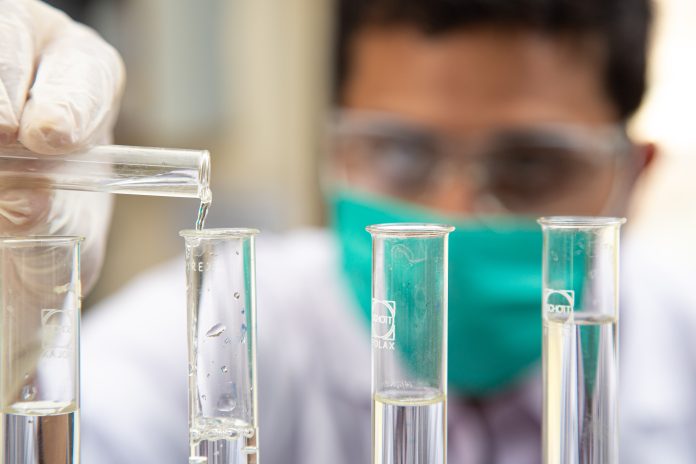Scientists at the Champalimaud Foundation in Lisbon, Portugal have discovered a mechanism that can help repair brain cells that have been damaged by a stroke. Ten scientists at the foundation found that the brain can produce new neurons through reserves of special cells. Strokes lead to brain lesions that depending on their location, can cause motor and cognitive impairments. These can lead to a loss of memory or the ability to speak.
In an announcement by the Champalimaud Foundation in Lisbon, the lead scientist on the study Christa Rhiner says they “found neural stem cells that detect the damage and repair tissue”. They go on to say this development “constitutes a first step in the development of drugs that promote the formation of new neurons after brain lesions”.
Rhiner and her team utilized flies and rats to understand how brain regeneration works. Rhiner says that “like our brain, the brains of animals also contain neural stem cells”. Moreover, the scientist says that many molecules and forms of intercellular communication are common in humans, flies, and rats. Therefore, she says that “it is probable that these animal models are relevant to understanding human physiology”.
The scientists in the study found a transport protein called “Swim” in the damaged area of brains and found that it is crucial to regenerate brain lesions. They found that “Swim” is produced when levels of oxygen decrease in the damaged area of the brain, leading certain cells to produce the protein. This discovery means that the scientists now know the factors necessary to regenerate brain cells in rats and flies. They hope a similar mechanism is present in the human brain.
Anabel Simões, a PhD student at the foundation says that with this discovery, new questions arise. “For example, how can we help these new neurons survive in the tissue as it heals? This is a fascinating journey and we are excited to see what we find next”.
The Champalimaud Foundation is a private biomedical research foundation founded in 2004, by the late entrepreneur António de Sommer Champalimaud.


